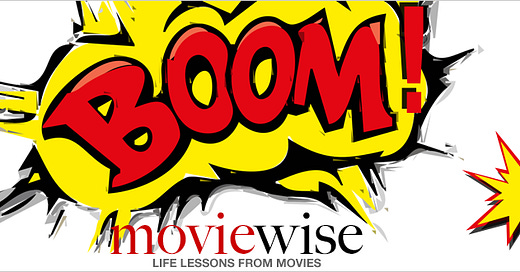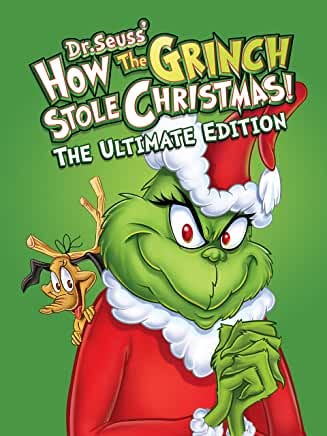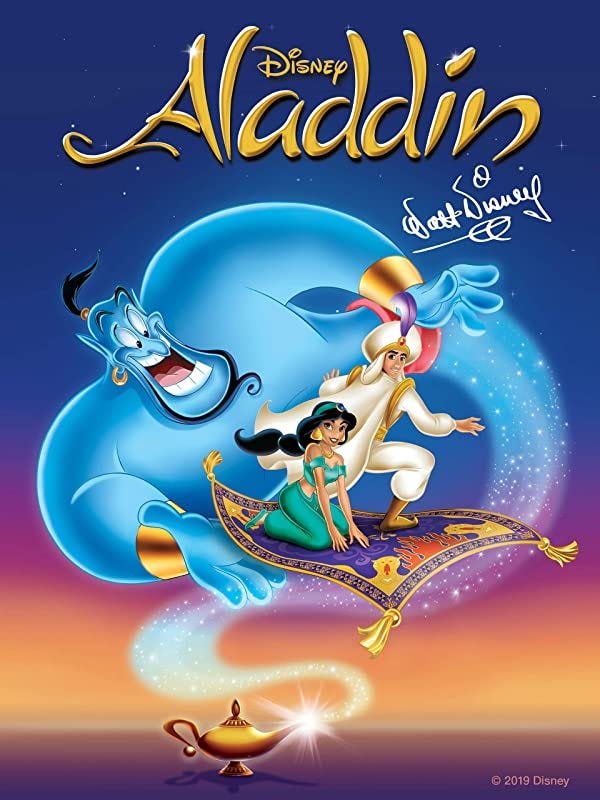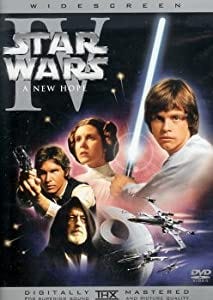Image by L.E. Wilson from RedBubble based on work by OpenClipart from Pixabay
Behind every great man is a great villain.
The above quote can be interpreted in two ways. The first interpretation is that in order to excel and be great, one must be pushed along that path by a worthy opponent, a personal villain. This rings true since you need the coarseness of a stone to sharpen a knife. The other view is that we all are, or have the potential to become, villains ourselves. After all, even if we think of ourselves as good, famed screenwriter Christopher Vogler reminds us that "every villain is a hero of his or her own story." Whether we need villains in our lives to reach our potential, or are villains ourselves, understanding their portrayal in movies can help us gain better insight into ourselves.
One reason movie villains fascinate us is because they allow us to see a part of our hidden selves represented. Take, for example, the Grinch from How the Grinch Stole Christmas! (1966), a character who is so annoyed by the overzealous, loud, and intrusive partying of the Whos of Whoville that he plots to steal every item used in their celebrations, including all the food, presents, and decorations. Although he is the villain, a mean-spirited grouch, we nevertheless understand his annoyance, and through him are able to live out a kind of forbidden fantasy.
And this vicarious expression of our less noble impulses is really the appeal of many villains. To quote director Guillermo del Toro, "villains are complex characters that allow us to explore the darker parts of ourselves." How many among us could resist the allure of living life like Lex Luthor, the ultra wealthy mastermind villain of Superman (1978), who pretty much is able to get anything he wants.
How the Grinch Stole Christmas! (1966) is an animated fantasy co-directed by Chuck Jones, based on the Dr. Seuss book, about a grinch who tries to ruin the Christmas celebrations of the Whos of Whoville.
Life Lesson: Don’t be a grinch; partake in and enjoy the festivities around you.
🍿Movie Scene Link (movie quote)
Superman (1978) is a fantasy directed by Richard Donner, based on the comic book by Jerry Siegel and Joe Shuster, about the Man of Steel (Christopher Reeve), a superhero from the planet Krypton who tries to help humanity by fighting criminals like Lex Luthor (Gene Hackman), while hiding his identity.
Life Lesson: “Integrity is your destiny; it is the light that guides your way.” — Plato
🍿Movie Scene Link (movie quote)
This craving for ultimate power and control over others is a recurring theme found in many villains, which makes sense since in real life most of us have very little sway over anyone else, and are in fact quite helpless. But a powerful character like Jafar, the scheming government official in Aladdin (1992) who plots to take the place of the sultan, allows us to have our frustration at being put second visualized.
Having our potential be limited by others and being powerless are common enough experiences that we intuitively understand the lure to the dark side that Anakin Skywalker feels when he is denied the rank of Jedi Master and believes he is being held back by his teachers in Revenge of the Sith (2005). Eventually, of course, he succumbs to his anger and becomes the monstrous Darth Vader in the Star Wars movies. These characters give representation to inner pain we may have felt, and validate actor Colin Farrell’s observation that “the most interesting villains are the ones who have a point.”
Aladdin (1992) is an animated fantasy based on the story from The Book of One Thousand and One Nights (The Arabian Nights), co-written and co-directed by Ron Clements and John Musker about Aladdin, a petty thief (Scott Weinger) who finds a magic lamp and befriends the genie (Robin Williams) inside.
Life Lesson: Don’t judge a book by its cover.
🍿Movie Scene Link (movie quote)
Star Wars: Episode IV: A New Hope (1977) is a fantasy written and directed by George Lucas about a scrappy group of rebels, including Luke Skywalker (Mark Hamill), Princess Leia (Carrie Fisher), Han Solo (Harrison Ford), and Obi-Wan Kenobi (Alec Guinness), who team up to destroy the Death Star, a weapon powerful enough to obliterate a planet.
Life Lesson: Fight for something greater than yourself.
🍿Movie Scene Link (movie quote)
When villains reach their peak destructive powers, however, this allows us to have a cathartic release of our inner frustrations and secret wishes, while simultaneously being shown that this is not the way to be. Or, as director Joss Whedon put it, “villains are essential because they represent the obstacles we must overcome.” In the end, naturally, the villains always lose because the way toward peace and inner harmony is never found in hurting or ruling over others, since this just leads to more resentment, more hate, and more suffering for all.
Note also that this means you are not a hero when you look down on people so that you can pity them, particularly if you also hope to be crowned their savior. This is just another embodiment of the urge to rule over others. Patronizing, self-aggrandizing behavior that somehow gives you a bigger role than the “victims” you are “advocating” for or “protecting” is actually pretty harmful to everyone involved because it creates victims where there aren’t any and terrible “solutions” with profoundly negative unintended consequences because the “problems” are more imagined than real.
In these cases, it’s probably better to stop trying to be a hero. Be honest instead. Look at the world with humility, and look at people for who they are as sovereign individuals, not members of victim categories you’ve made up so you can lord over others. The truth is that the people you think are victims are likely in stronger positions and have access to more resources and help than you do. You can better help individuals by giving them the space and opportunity to find inner strength and self-reliance, rather than weaken them by making them dependent on you or on others. As Voltaire said, “it is not inequality which is the real misfortune; it is dependence.”
In the movies and in real life, only heroes guided by love, empathy, and respect for the autonomy and self-determination of others create true happiness for all. Villains, on the other hand, are obviously guided by the opposite impulses, by hate, spitefulness, and an indifference to the suffering of individuals that comes as a result of wanting to rule over them.
But at least in the movies, the villains are eventually justly defeated. By setting up a contrast in outcomes, movie villains then become even more valuable and enduring ethical guides for us.
Villains are simply victims whose stories haven't been told.
— Chris Colfer (actor)
You either die a hero, or you live long enough to see yourself become the villain.
— Harvey Dent (The Dark Knight, 2008)
Visit the moviewise catalogue—a searchable database of one sentence movie summaries, movie quotes, and movie wisdom—for movie recommendations.
Also visit the moviewise store. Get a t-shirt, bag, or pillow with your favorite #LifeLesson from a movie. Reply to this or leave a comment below to make a request.













I am a full throttle movie buff and your columns are excellent! you look at the movie for what it is: a glimpse into a world view held by the director that seek to portray what they think the writer is trying to shed light on. These are all based on the human experience and the commonality that we all have since underneath these suits we are all souls having a go at the world stage!
Lovable list. xo